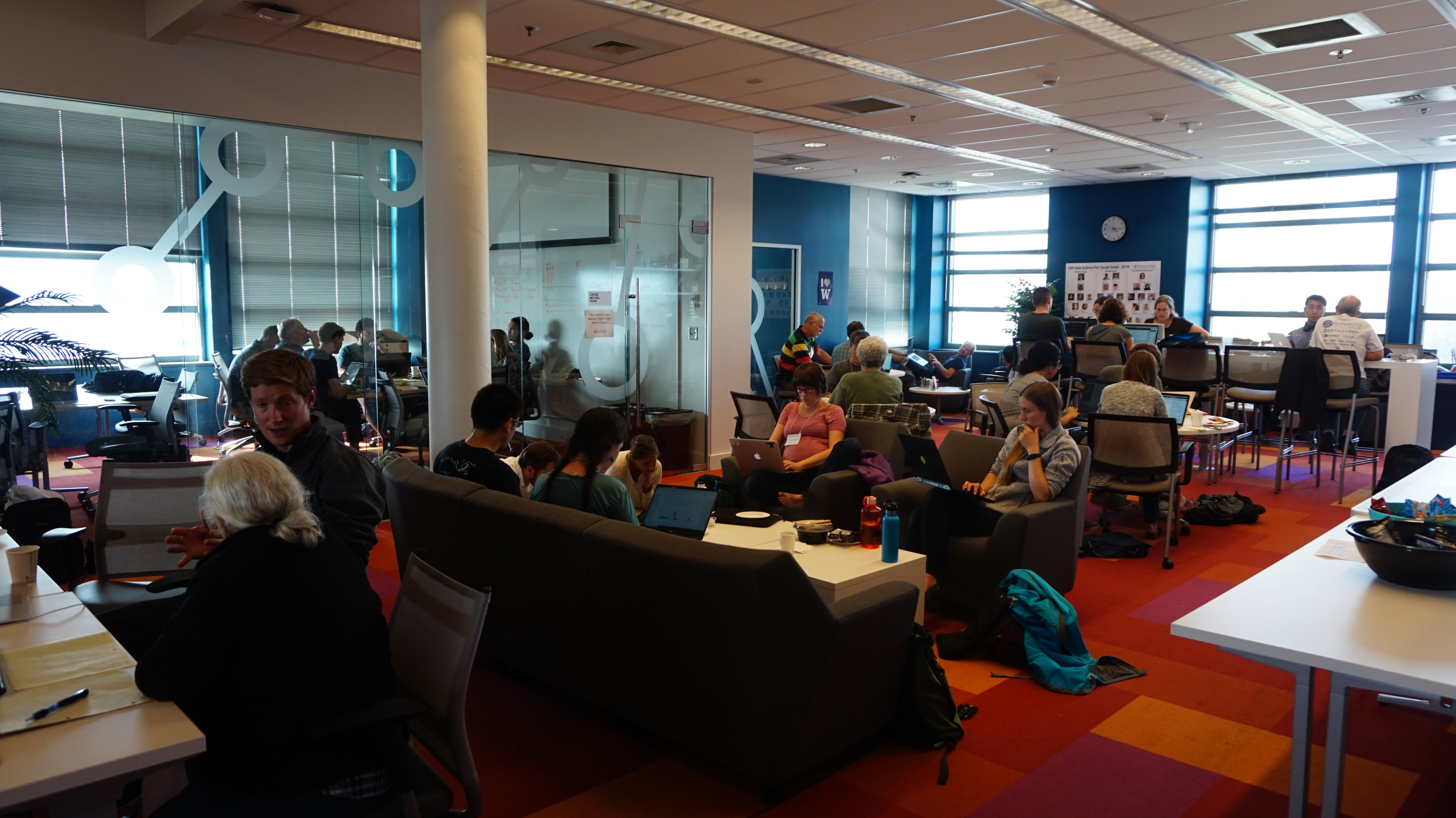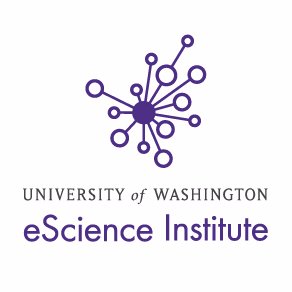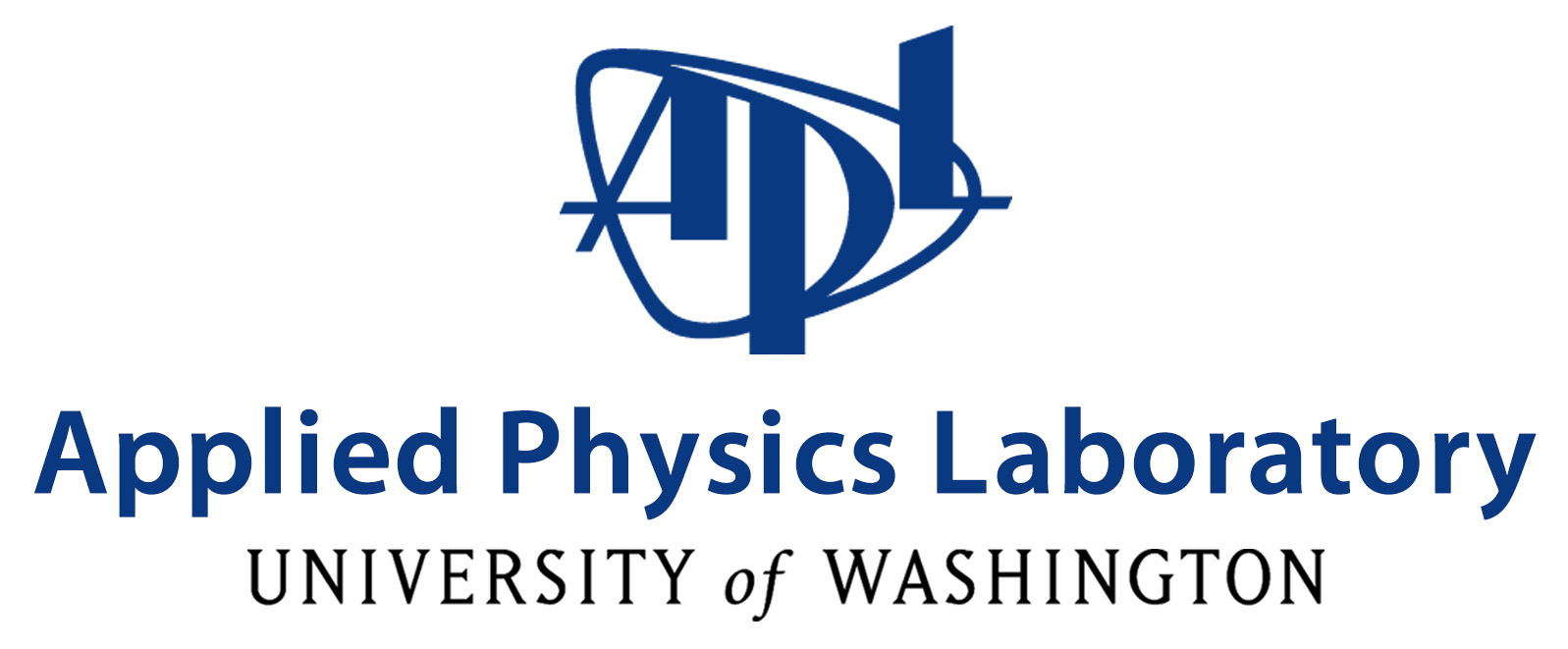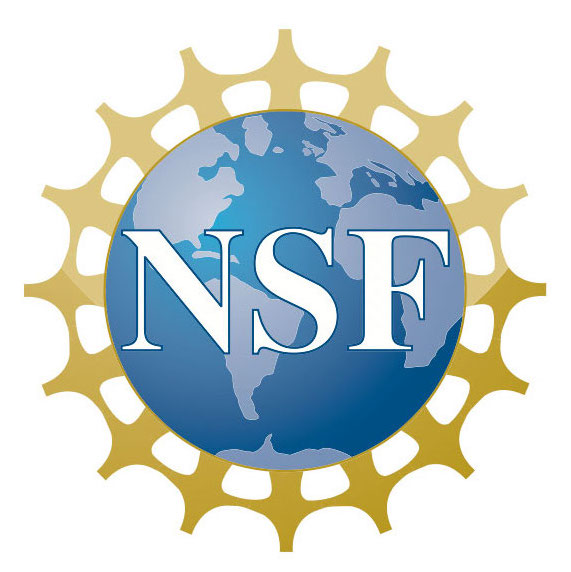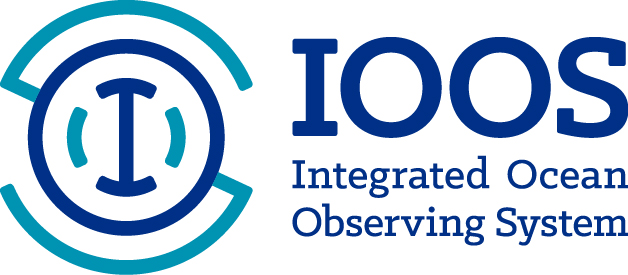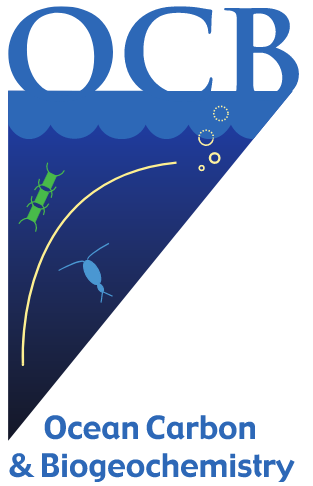Participant Quotes
"My experience at the Oceanhackweek 2019 was in a few words a once in a lifetime learning experience. The people involved were amazing, from the organization group to all the participants. The project group I joined was extremely democratic and involved. I learned not only from more advanced researchers but also telling what I knew to my group partners. I definitely recommend this event for everyone that is eager to learn." ~ Ágata Piffer Braga, 2019 Participant
"I feel so lucky that I didn't miss the brainstorm of the data techniques in OHW2019. I have been using python for data analysis abut two years. [...] And I was quite satisfied with Python packages [...] which are extensively used in my data analysis for numerical model outputs. So when I heard about Oceanhackweek, I expected that probably I could meet more Python fellows in the ocean community, and it will be very beneficial to stay in a community for debugging and learn new staff in future works. Actually, the week spent in OHW2019 paid me much more than I could ever have expected. Packages, such as xarray and Dask, expanded my vision on python’s applications in ocean data analysis. Lectures on Github opened the door of so many repositories of open-source projects. Pangeo provided a cutting-edge platform for oceanographers to use packages specifically written for ocean data. Cloud data storage and cloud computation demonstrated great potential for ocean researches. And the project work during the workshop really makes our hands dirty in using the techniques we learned. Our team worked on quality control using machine-learning methods. It was a lot of cooperation, hardworking, fun, and friendships." ~ Xu Chen, 2019 Participant
"The workshop provided an excellent introduction to the existing infrastructure of oceanographic data-gathering resources. Also provided was an introduction to the open-source evolving tools for accessing and utilizing large data sets. The technical challenges in data-intensive research are daunting, and here this workshop’s model and enactment of collaborative work was particularly valuable to me." ~ Rachel Jackson, San Francisco State University, 2018 Participant
"I am grateful to have attended Oceanhackweek, and to have been given the opportunity to expand my skill set in such a productive and pleasant environment. I live in Fairbanks, AK, where we are rather isolated and aren't naturally exposed to new tools or methods. [...] Oceanhackweek gave me that time, introduced me to possibilities via the tutorials, and through the projects produced a technical structure that I can apply to our research in Alaska." ~ Liz Dobbins, University of Alaska, Fairbanks, 2018 Participant
"It is sometimes hard to predict whether a given conference, training or hack-a-thon might be worth your time. [...] The real challenge, of course, is to find a group of like minded people that want to expand their horizons and learn together, and that is just what I found when I attended Ocean Hackweek." ~ Christian Saranson, 2018 Participant
